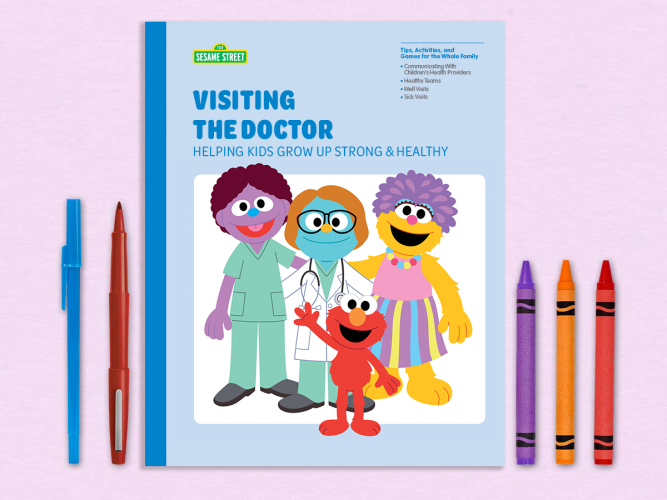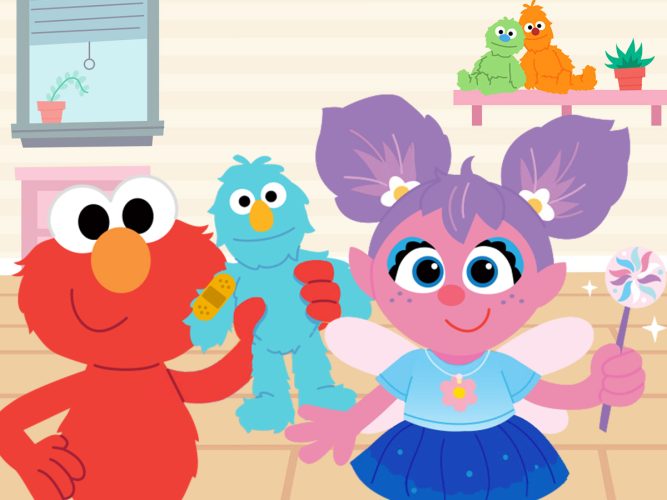
Guest Post: Protecting Against Flu
Winter is the time of special holiday traditions and family gatherings. It’s also the time of year when you and your child are most likely to get sick with influenza (also known as flu)!
By Candice Robinson, MD, MPH, Centers for Disease Control and Prevention, National Center for Immunization and Respiratory Diseases
Winter is the time of special holiday traditions and family gatherings. It’s also the time of year when you and your child are most likely to get sick with influenza (also known as flu)! Flu is a contagious disease that infects the nose, throat, and sometimes the lungs. Flu is different from a cold. It usually comes on suddenly and can be very serious.
Each year, millions of children get sick with seasonal flu, and thousands of children are hospitalized. Flu can even be fatal. Even healthy people can get flu and develop serious complications, but some people are especially vulnerable, including children younger than five and children of any age with certain long-term health problems.
How can I protect my child from flu?
The best way is for you, your child, and everyone in your household to get a yearly flu vaccine. The Centers for Disease Control and Prevention (CDC) recommends that everyone six months and older get vaccinated against flu yearly. Most flu vaccines are given as flu shots, but if your child is at least 2 years old and doesn’t have certain medical conditions, they have the option of getting a nasal spray flu vaccine.
After getting vaccinated, you and your child will be less likely to get sick with flu or less likely to suffer serious flu consequences. While some people who get vaccinated still get sick, some studies show those people still have less severe illness than people who haven’t gotten vaccinated. A flu vaccine also can help protect other people who also may be more vulnerable to flu, like grandparents or babies too young to get vaccinated themselves. And pregnant women should get a flu vaccine not just for themselves, but to help protect their babies from flu infection for the first several months of their lives.
Check out CDC’s tips for making shots less stressful. Talk to your child’s doctor, nurse, or pharmacist about your questions or concerns. More information on flu vaccination, other ways to protect your child against flu, and medicine to treat flu can be found here.

Connecting & Communicating
Communication and connection with families is key to building a strong, effective healthy team.

Visiting the Doctor: Helping Kids Grow Up Strong & Healthy
Preparation and communication help you get the best care for your child at every medical visit.

Communicating at Doctor’s Visits
Good communication leads to good care for your child.

Elmo and Abby’s Check-up Play Date
Pretend play can help children “rehearse” situations that may frighten them.

Rosita’s Favorite
Regular check-ups can be a fun and informative experience for the whole healthy team, kids included!

My Whole Healthy Life: Meet Reignen
A video about the different ways a Native American child and his family stay healthy.

My Whole Healthy Life: Meet Wa.Sta.Tse
A video about the different ways a Native American child and her family stay healthy.
